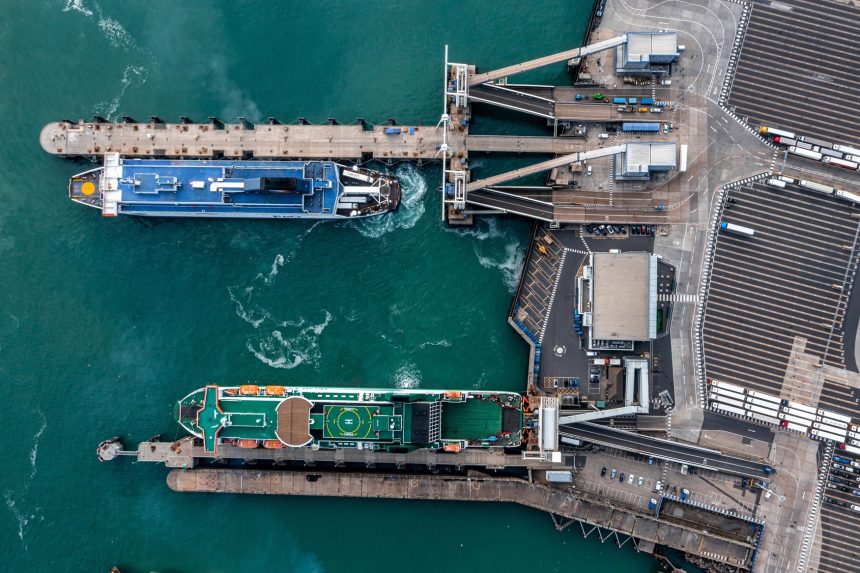The Independent Chief Inspector of Borders and Immigration (ICIBI) has opened a call for evidence (CfE) on the Border Force operation that detects clandestine entrants to the UK.
Such clandestine entrants have recently been highlighted as potentially becoming a more difficult challenge for coach operators that travel abroad. A judgement from a Court of Appeal case, handed down on 2 July, was described as having strengthened the hand of Border Force in assessing penalties when those individuals are discovered on a vehicle.
The ICIBI CfE will focus on the efficiency and effectiveness of Border Force efforts to deter and detect clandestine entrants, particularly at juxtaposed controls at ports in northern France including Calais.
Among areas examined will be the administration and effectiveness of the Clandestine Entrant Civil Penalty Scheme (CECPS) and the Civil Penalty Accreditation Scheme.
Interim Independent Chief Inspector of Borders and Immigration David Bolt has invited evidence from parties with knowledge and first-hand experience of clandestine entry to the UK by vehicle or freight, including the two above schemes.
He adds that such direct experience is particularly useful in this exercise “as clandestine entry is by its nature a hidden activity, and what is known about it officially can only provide a partial picture.”
As many individual accounts and insights as possible are sought by the CfE. While information submitted may be quoted in the final report, ICIBI does not name sources and anonymises as much as possible in examples and case studies.
Among those asked by Mr Bolt to contribute to the CfE is JMW Solicitors Head of Commercial Road Transport Laura Hadzik. As already explained by Ms Hadzik in routeone, she notes that CECPS leaves both operators and drivers liable to penalties, with operators responsible for payment of the driver’s penalty as well as their own.
“The recent Court of Appeal’s decision in the KLG Trucking case confirms that Border Force is correct to impose penalties where operators have fully complied with relevant regulations in relation to the securing and checking of vehicles,” she continues.
“The ruling also means that there should be a strict application of the code in determining the level of penalties.”
Ms Hadzik says that for operators already doing everything to prevent clandestine entrants, the question of what more they can do “is frustratingly impossible to answer.” She adds: “The review is much needed, and I look forward to making a meaningful contribution.”
Separately, a webinar hosted by transport legal specialist Backhouse Jones and RHA on 23 August drew over 100 attendees. The ICIBI CfE closes on 6 September. Submissions should be made via email.



























